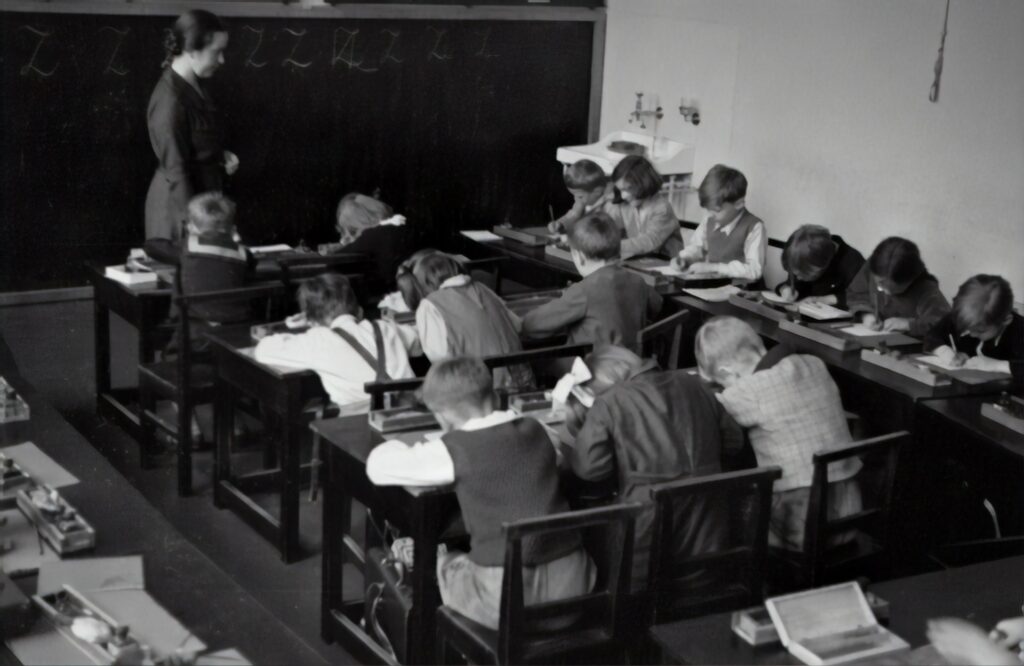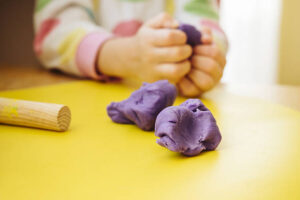
Who Taught The First Teacher In The World?
Many of us have been fortunate to have had excellent teachers over the years. They were the ones who made learning enjoyable, who encouraged us to think outside the box, and who assisted us in reaching our full potential. But who was the first educator?
Table of Contents
Who Taught The First Teacher In The World?
The idea that the first teacher must have been taught by someone or something is a popular ‘philosophical’ question among students. And it makes sense: everyone has learned something from someone, right? Plato taught Aristotle, Plato taught Socrates, Socrates was taught by a man named Prodikos, and Prodikos was undoubtedly taught by some unknown Greek philosopher.
But what about the very first teacher? While we may never know who the first true ‘teacher’ was, we can infer that the person who taught the first teacher was a self-taught academic and/or philosopher of some sort, passing on his or her knowledge to an eager proto-student, who would go on to teach his or her own proto-students, until they were able to shamble together a proto-curriculum, and over time, were able to produce great minds who would teach Prodikos.
Of course, according to Greek mythology, the first teacher was taught by the god Chiron, as the centaur was known for his ability to impart knowledge. In fact, most mythologies provide some form of god or goddess of knowledge as the source of the first school lesson, which must be a lot of pressure if you’re a model student aiming for top marks!
According to other studies, the first teacher
Aside from Greek mythology, there is evidence that the very first teacher was not human.
According to a Harvard University study, dolphins exhibit many of the same characteristics as humans.
They have complex emotional lives and strong social connections, for example.
It is thought that these characteristics contributed to their ability to teach each other new tricks and skills.
So, from a scientific standpoint, dolphins could be considered the very first teachers in history.
To be honest, we never really know who our teachers are. We may think they were someone important, such as Aristotle or Socrates, but in reality, someone just as learned before them could have taught this person everything he knows about philosophy!
Who Is Chiron?
Chiron was the son of the Titan Cronus and the nymph Philyra, but he was abandoned shortly after birth and left to die on Mount Pelion.
Fortunately, the god Apollo discovered him and took him under his wing, raising him as one of his own sons. Chiron developed into a skilled hunter, archer, musician, scholar, and healer as he grew older.
When Chiron came across an injured Centaur fighting for his life against some Lapiths (a tribe of humans), he made the courageous decision to heal the wounded soldier despite being attacked by members of the same tribe. The Centaur was able to recover and fight again thanks to Chiron’s selfless actions.
This act of bravery and compassion established Chiron as one of history’s first teachers.
Hippocrates would eventually be known as the “Father of Medicine,” not only because he invented medical practices such as bloodletting and surgery, but also because he embodied the same sense of empathy that made Chiron such a great teacher.
Who Created The School?
We know who invented college, but who invented the term “school” in the first place? That depends on your definition of a “school”: if you mean a group of eager young minds learning from a teacher, we can once again turn to the Greeks. Plato invented the Academy, named after the mythical hero Akademos, and is still a term we use today for institutions that offer lessons and courses on specific subjects in the hopes of expanding a person’s mindset and knowledge base (Plato would be proud!).
But if you want to blame someone for having to get up early to catch the bus, look no further than Horace Mann. During his tenure as Secretary of Education in 1838, Horace is credited with creating the modern American educational system when he outlined his ideas for a’modern’ educational curriculum in his Common School Journal. States took notice and began implementing many of Mann’s ideas, such as education being a public industry (meaning taxes should be used for it) and that all Americans, regardless of age, creed, or color, should have access to education.
He didn’t suggest that schools start earlier, so you’ll have to blame your local school boards for that (usually due to deferring transportation costs or some other financial reason)!
What Was The Original Textbook?
Again, it was the Ancient Greeks (as well as the Ancient Egyptians) who first thought of creating textbooks from which all students could learn. Plato and other philosophers of his time would write their philosophies down in long scrolls and pass them down from student to student. It wasn’t until Johannes Gutenberg invented the printing press that mass production of books and, by extension, textbooks became possible. Ars Minor, a book on basic Latin grammar written by Aelius Donatus, was one of the first textbooks to be mass produced and distributed.
Because education in America was primarily religious in nature, the Bible was the first textbook to be used. However, the first widely used academic textbooks were the 18th century New England Primer and the 19th century McGuffey Reader. The New England Primer was a reading guide that used selected texts from the Puritan Bible to help children improve their reading skills and comprehension. Meanwhile, the McGuffey Reader was a textbook that included lessons in phonetics, mathematics, and theology, and it was used to help students achieve a more holistic education that was not solely religious.

Conclusion
Today, we are all grateful to those who have encouraged us to pursue our interests, whether they were teachers or students.
We are all able to learn new things and make our world a better place because of these incredible people. And we can all be thankful that it all started with the first teacher.


